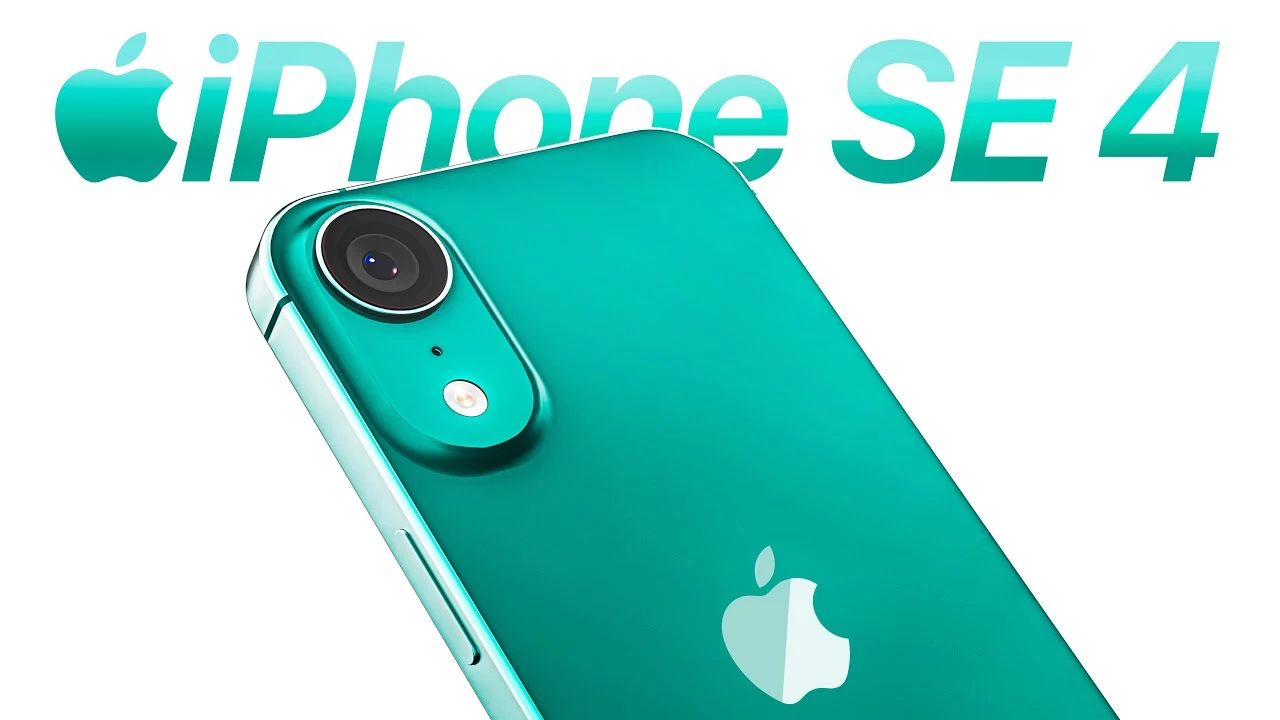Meta, the parent company of Facebook, Instagram, and the fledgling Threads app, is actively working to combat the pervasive issue of engagement bait that’s been plaguing the platform. This comes after a surge in such posts flooding users’ feeds, prompting many to voice their concerns.
Threads, launched as a direct competitor to Twitter (now X), quickly gained popularity, amassing over 100 million users within its first week. However, its algorithmic “For You” feed, designed to surface engaging content, has become a breeding ground for posts specifically crafted to elicit responses, often at the expense of meaningful interaction. Think: “Like this if you love dogs!” or “Tag someone who needs to see this!” These tactics, while effective at driving engagement metrics, often lead to a less enjoyable user experience.
Adam Mosseri, head of Instagram and Threads, acknowledged the issue in a recent Threads post, stating, “We’ve seen an increase in engagement-bait on Threads and we’re working to get it under control.” This marks the first official acknowledgment of the problem from Meta, signaling their commitment to addressing user feedback.
The issue is prevalent within the main “For You” feed of the Threads app, which relies heavily on algorithmic curation. This algorithmic approach, while intended to personalize the user experience, has inadvertently amplified the reach of engagement bait posts.
Understanding the Engagement Bait Epidemic
Engagement bait is a broad term encompassing various tactics employed to artificially inflate interaction metrics. On Threads, this manifests in several ways:
- Like-baiting: Posts that explicitly ask for likes (“Like if you agree!”)
- Comment-baiting: Prompts designed to trigger comments (“Tell me your favorite…”)
- Tag-baiting: Encouraging users to tag others (“Tag a friend who…”)
- Share-baiting: Requests to share the post (“Share this with everyone you know!”)
- React-baiting: Employing reactions to gauge opinions (“React with ❤️ if you love it, 😂 if you hate it”)
These tactics exploit the platform’s algorithm, which prioritizes posts with high engagement. This creates a feedback loop where engagement bait posts are shown to more users, further amplifying their reach and encouraging more users to employ similar tactics.
The Impact on User Experience
The proliferation of engagement bait has several negative consequences for Threads users:
- Diluted Content Quality: Meaningful discussions and genuine content get buried under a sea of shallow engagement-grabbing posts.
- Reduced Authenticity: The focus shifts from genuine interaction to artificially inflating metrics, creating a less authentic environment.
- Increased Noise: Users are bombarded with repetitive and uninspired prompts, leading to fatigue and disinterest.
- Algorithm Manipulation: The algorithm becomes skewed towards promoting engagement bait, further reinforcing the problem.
Essentially, engagement bait erodes the core value proposition of Threads as a platform for genuine connection and meaningful conversations.
Meta’s Response and Potential Solutions
While Mosseri’s statement confirms Meta’s awareness of the problem, the company hasn’t yet revealed specific measures to combat it. However, based on industry best practices and existing strategies on other platforms, several potential solutions could be implemented:
- Algorithm Tweaks: Refining the algorithm to identify and deprioritize engagement bait posts. This could involve analyzing post content, user behavior patterns, and engagement velocity.
- Content Moderation: Implementing stricter content moderation guidelines to flag and remove blatant engagement bait. This could involve a combination of automated systems and human review.
- User Reporting: Empowering users to report engagement bait posts, providing valuable data for algorithm training and content moderation.
- Community Education: Raising awareness among users about the negative impact of engagement bait and encouraging more authentic interaction.
Furthermore, Meta could draw inspiration from Instagram’s approach to combating similar issues. The platform has successfully reduced the prevalence of “follow-for-follow” schemes and other inauthentic engagement tactics through a combination of algorithm adjustments and community guidelines.
As an avid user of Threads since its launch, I’ve personally witnessed the rise of engagement bait and its impact on my feed. Initially, I was excited by the prospect of a fresh platform for meaningful conversations. However, the increasing frequency of generic prompts and shallow engagement tactics has gradually diminished my enthusiasm.
I’ve noticed a decline in the quality of discussions and a sense of inauthenticity creeping into the platform. It often feels like I’m navigating a minefield of clickbait-esque posts rather than engaging in genuine conversations. This has led me to be more selective in my interactions and less inclined to scroll through my feed.
I’m hopeful that Meta’s intervention will restore the platform’s original promise of fostering authentic connections and meaningful discussions.
The Future of Threads
The success of Threads hinges on its ability to cultivate a thriving community centered around genuine interaction. Addressing the engagement bait problem is crucial for achieving this goal.
By implementing effective solutions, Meta can restore user trust, improve content quality, and ensure the long-term sustainability of the platform. This will require a multi-faceted approach that combines algorithm adjustments, content moderation, and community education.
The challenge for Meta lies in striking a balance between promoting engagement and preserving authenticity. It’s a delicate tightrope walk, but one that’s essential for the future of Threads.
Meta’s commitment to tackling the engagement bait problem is a positive step towards creating a more fulfilling user experience on Threads. By prioritizing genuine interaction and meaningful content, the platform can truly live up to its potential as a vibrant space for online conversations.






























